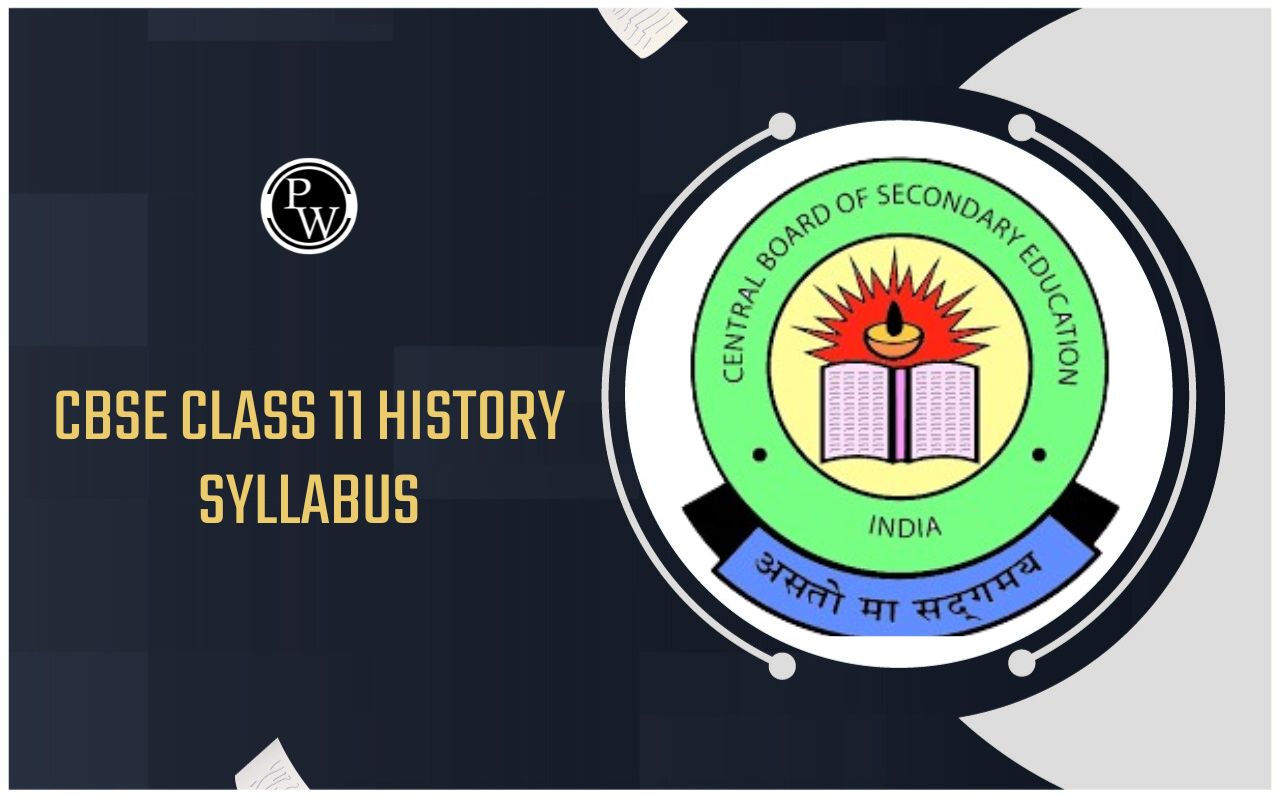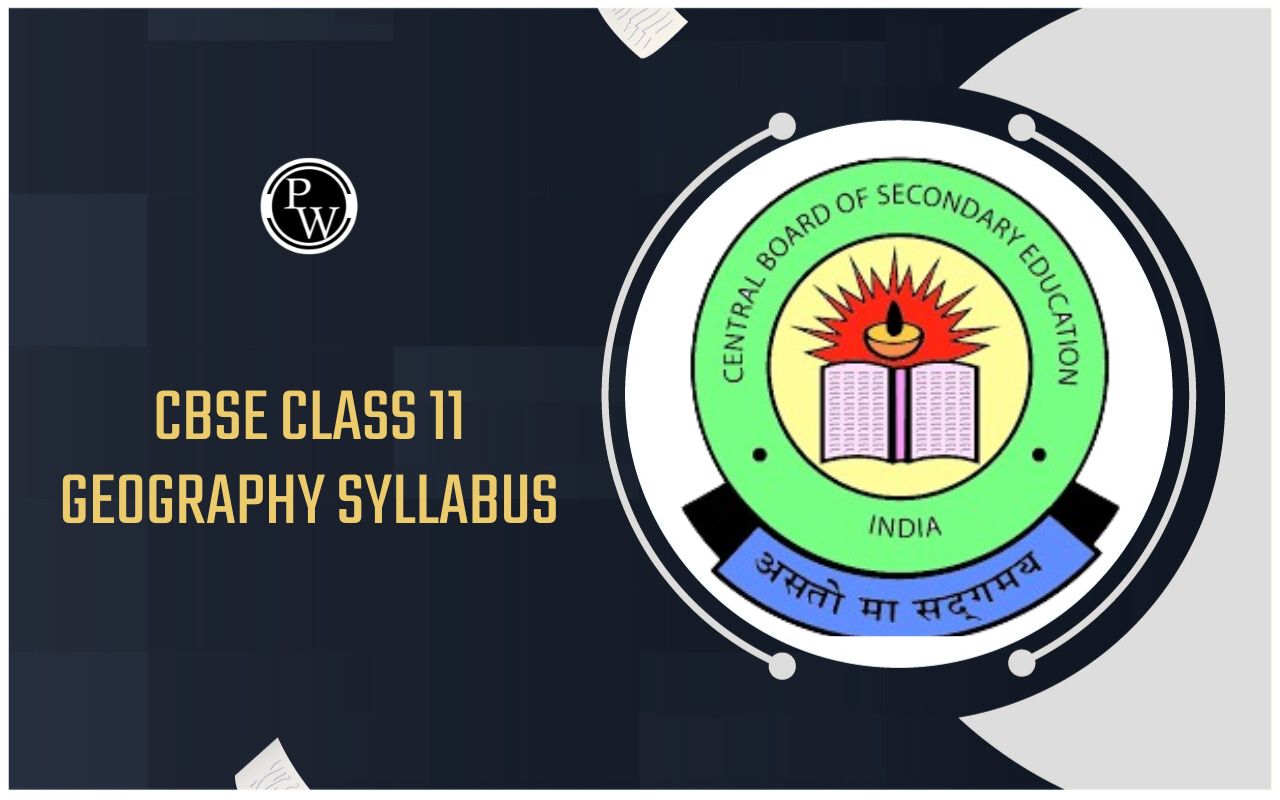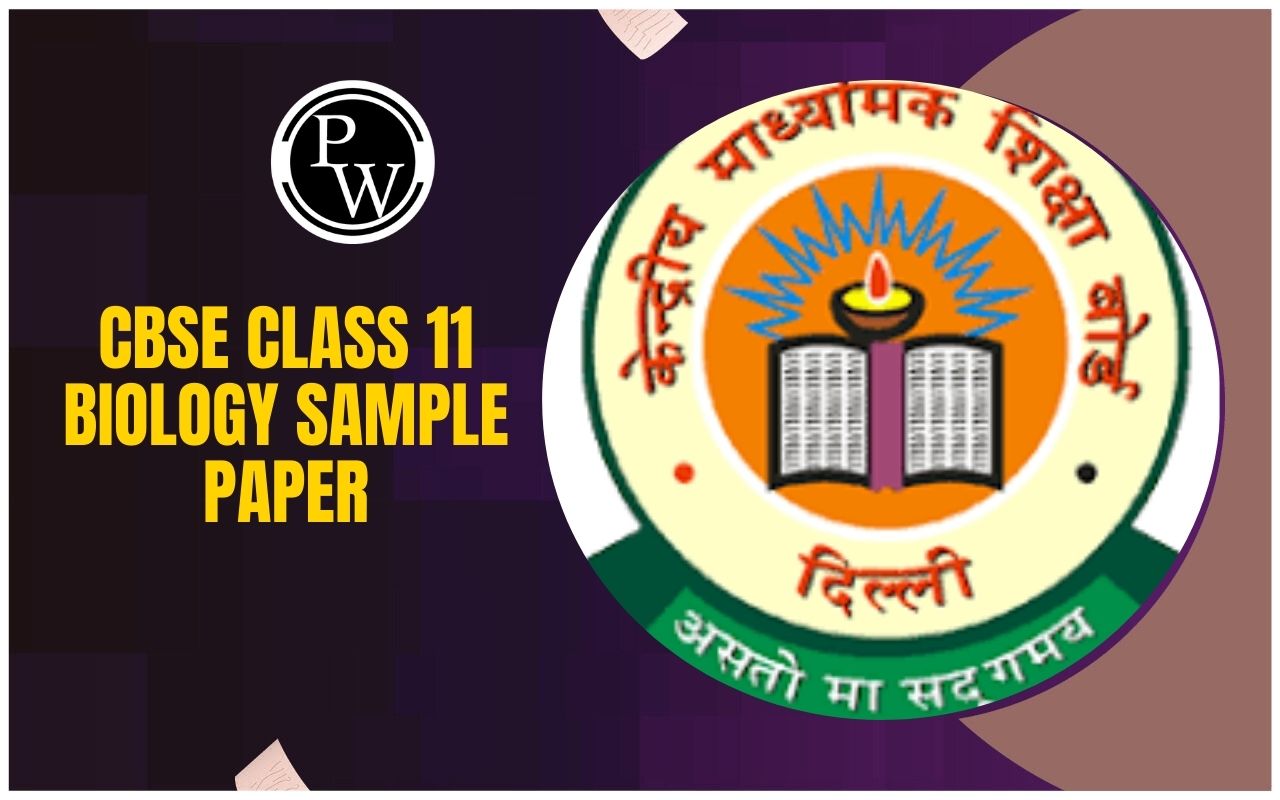
CBSE Class 11 Chemistry Notes: Studying for exams can be stressful, especially for CBSE Class 11 Chemistry students. To alleviate some of this pressure, having detailed notes is important. These notes are a valuable resource for last-minute revision, which is essential for exam success. However, effective revision isn’t just about reviewing notes; it involves covering all the essential concepts thoroughly.
Many students neglect to create proper revision notes, leading to gaps in their understanding during review sessions. To address this issue, we’ve created CBSE Class 11 Chemistry Notes. These notes are created in simple language to facilitate better comprehension for students.
These notes created by subject expert are designed to simplify complex concepts and facilitate better understanding among students. Whether preparing for class assessments or competitive exams like JEE Main, NEET, or AIIMS, these notes provide a solid foundation for students to build upon. With clear explanations and illustrative examples, CBSE Class 11 Chemistry Notes play a important role in improving learning outcomes and enhancing academic performance.
Our Class 11 Science Chemistry Notes not only provide theoretical knowledge but also provide practical guidelines and tips for solving problems accurately.
CBSE Class 11 Chemistry Notes Chapter Wise List
Below are the chapter-wise notes for CBSE Class 11 Chemistry:
CBSE Class 11 Chemistry Notes Chapter Wise Summary
Here is a topic-wise summary of CBSE Class 11 Chemistry chapters:
CBSE Class 11 Chemistry Notes Chapter 1 Some Basic Concepts of Chemistry
- Introduction to Chemistry and its branches
- Matter: Definition and types (solid, liquid, gas)
- Classification of matter at the macroscopic level
- Properties of matter: Physical and Chemical
CBSE Class 11 Chemistry Notes Chapter 2 Structure of Atom
- Discovery of subatomic particles (electron, proton, neutron)
- Atomic models: Thomson model, Rutherford’s experiment, Bohr’s model
- Atomic structure: Atomic number, Mass number, Isotopes, Isobars
- Electromagnetic radiations: Types and properties
CBSE Class 11 Chemistry Notes Chapter 3 Classification of Elements and Periodicity in Properties
- Historical development of the Periodic table
- Basics of block, period, and group
- Properties of elements: Atomic and ionic radii, Electronegativity, Ionization energy
- Periodic trends: Atomic size, Metallic character, Electronegativity, Ionization energy
CBSE Class 11 Chemistry Notes Chapter 4 Chemical Bonding and Molecular Structure
- Chemical bond: Types (ionic, covalent, metallic) and properties
- Lewis structure and Octet rule
- Valence bond theory and Molecular orbital theory
- Shapes of molecules: VSEPR theory
- Hybridization and Molecular orbital diagram
CBSE Class 11 Chemistry Notes Chapter 5 States of Matter
- Introduction to states of matter: Solid, Liquid, Gas
- Intermolecular forces: Van der Waals forces, Hydrogen bonding
- Ideal gas law and its deviations
- Kinetic theory of gases: Kinetic energy, Distribution of speeds
- Real gases: Deviation from ideal behavior, Van der Waals equation
CBSE Class 11 Chemistry Notes Chapter 6 Thermodynamics
- Introduction to thermodynamics and its laws
- Internal energy, Work, and Heat
- First law of thermodynamics: ΔU = q + w
- Enthalpy, Enthalpy change, and Hess’s law
- Second law of thermodynamics and Entropy
CBSE Class 11 Chemistry Notes Chapter 7 Equilibrium
- Concept of equilibrium: Reversible and irreversible reactions
- Law of mass action and Equilibrium constant
- Le Chatelier’s principle and Factors affecting equilibrium
- Ionic equilibrium: Acid-base and Solubility equilibrium
CBSE Class 11 Chemistry Notes Chapter 8 Redox Reactions
- Oxidation and reduction: Definition and examples
- Oxidation number and its rules
- Types of redox reactions: Combination, Decomposition, Displacement
- Balancing redox equations: Oxidation number method, Half-reaction method
CBSE Class 11 Chemistry Notes Chapter 9 Hydrogen
- Position of Hydrogen in the periodic table
- Preparation, Properties, and Uses of Hydrogen
- Isotopes of Hydrogen and Heavy water
- Hydrides and Water
CBSE Class 11 Chemistry Notes Chapter 10 The s-Block Elements
- Introduction to s-Block elements
- Alkali metals and Alkaline earth metals: Occurrence, Properties, and Reactions
- Compounds of Alkali and Alkaline earth metals
CBSE Class 11 Chemistry Notes Chapter 11 The p-Block Elements
- Introduction to p-Block elements
- Boron family and Carbon family: Occurrence, Properties, and Reactions
- Nitrogen family and Oxygen family: Occurrence, Properties, and Reactions
CBSE Class 11 Chemistry Notes Chapter 12 Organic Chemistry
- Introduction to organic chemistry and carbon compounds
- Structural representation of organic compounds
- Classification of organic compounds: Alkanes, Alkenes, Alkynes, Aromatic compounds
- Functional groups and Homologous series
CBSE Class 11 Chemistry Notes Chapter 13 Hydrocarbons
- Introduction to hydrocarbons: Alkanes, Alkenes, Alkynes
- Nomenclature of hydrocarbons
- Isomerism in hydrocarbons
- Aromatic hydrocarbons: Benzene and its derivatives
CBSE Class 11 Chemistry Notes Chapter 14 Environmental Chemistry
- Introduction to environmental chemistry
- Environmental pollution: Air, Water, Soil pollution
- Greenhouse effect and Global warming
- Ozone depletion and Acid rain
Benefits of CBSE Class 11 Chemistry Notes
CBSE Class 11 Chemistry Notes provide numerous benefits for students:
Comprehensive Coverage: These notes cover all the topics and concepts prescribed in the CBSE Class 11 Chemistry syllabus, ensuring that students have access to all the essential information needed for their exams.
Simplified Content: The notes are written in a simple and easy-to-understand language, making complex concepts more accessible to students. This helps in better comprehension and retention of the subject matter.
Structured Format: The notes are organized in a structured format, making it easier for students to navigate through different chapters and topics. This organization helps in systematic learning and revision.
Quick Revision: CBSE Class 11 Chemistry Notes serve as an excellent resource for quick revision before exams. Students can quickly go through the key points and important formulas to reinforce their understanding of the subject.
Exam Preparation: These notes are designed to help students prepare effectively for their Class 11 Chemistry exams. They include important questions, sample papers, and practice exercises that aid in exam preparation and self-assessment.
Time-Saving: By providing concise and summarized information, these notes help students save time in studying and reviewing the vast syllabus of Class 11 Chemistry.
CBSE Class 11 Chemistry Notes FAQs
Are Class 11 Chemistry Notes sufficient for exam preparation?
How should I use Class 11 Chemistry Notes effectively?
Are Class 11 Chemistry Notes helpful for competitive exams?









